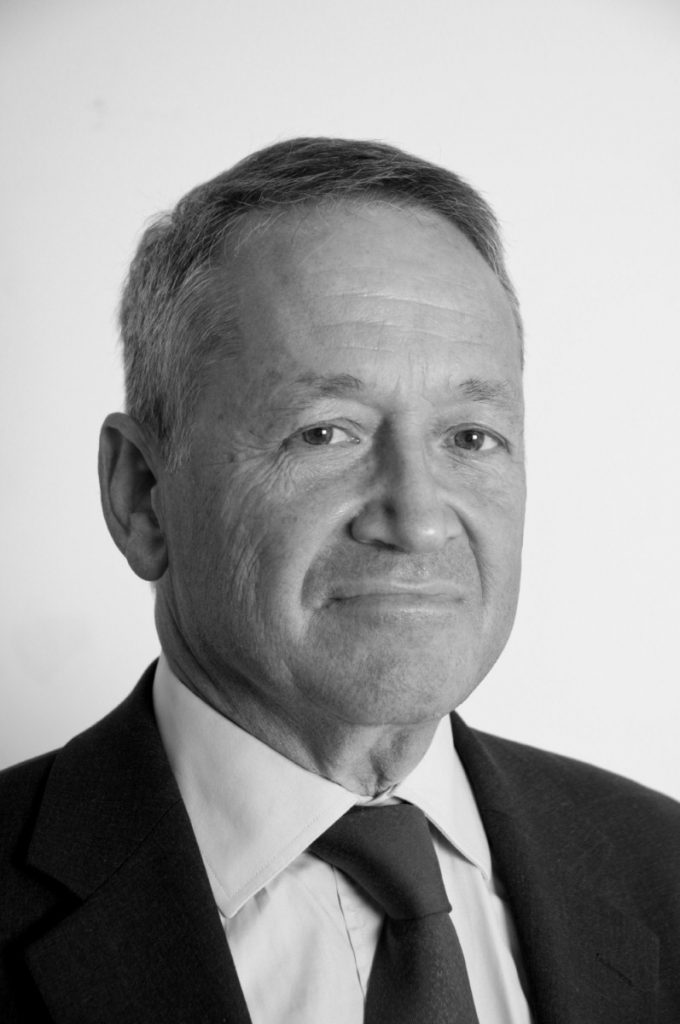Comment: Leave us alone, Tony Blair
By Richard Heller
In 1956 Britain's prime minister took this country into an unlawful and unprofitable war in the Middle East, and misled its parliament and people about its origins and purpose.
Anthony Eden's Suez adventure was the first time I went on a political demonstration. As an eight-year-old, I heard Nye Bevan's brilliant and passionate denunciation in Trafalgar Square. It did far less harm to Britain, or the world, than the Iraq war, but it cost Eden his job and his reputation. Once an international icon, he disappeared into political oblivion. He collected an earldom and produced some well-written memoirs, especially about his early life, although he continued to think that he was right about Suez. His name occasionally appeared in high-minded uncontentious newspaper articles. (It also survived as the name for a dapper Homburg hat.) He took pleasure in raising Hereford cattle.
That was Eden's life for 20 years after Suez. He did not hawk himself round the world for money. Although a vastly more experienced diplomat than Tony Blair he was never offered any international appointment. He did not set up any foundations in his name. He did not have a spin doctor or a retinue of any kind. Above all, he abandoned any hope of a political comeback.


Eden's afterlife was a sign of a Britain with high standards in political life. Politicians were penalised for error, failure and dishonesty. If Tony Blair returns to a frontline role in British politics, it will show that those standards have finally collapsed.
Blair seriously believes that he is entitled to such a role and that the British people should be grateful for his wisdom. Once again, he has demonstrated one of his terrifying strengths as a politician – he is never embarrassed by himself. Tony Blair has religion without shame. The Anglican Prayer Book invites congregations to examine their hearts. When Tony Blair examines his heart he always gives it an A-Star.
Anyway, Blair now thinks that the time is right for him to "re-engage with the British people". He has appointed an experienced spin doctor, Rachel Grant, to ease the way for him. Clearly Blair is seeking some special and personal avenue for this re-engagement, because he has always had the option of standing as an MP, as ex-premiers used to do routinely. Sir Alec Douglas-Home fought two general elections after being defeated as prime minister, and loyally served his successor, Ted Heath, in opposition and government. Standing again as a by-election would "re-engage" Blair automatically with a selection committee and local voters and guarantee the maximum exposure for his current views. Blair could also ask for a life peerage and contribute in the House of Lords without the risks of facing a voter.
There is one major problem with either of these comeback routes: he would undergo scrutiny about his murky finances. The Lords arrangements for this are lamentably weak (as I wrote here some weeks ago) but they would still force an ennobled Blair to say more about his money than he has done so far.
Significantly, Rachel Grant has been given the specific responsibility of covering his business interests. She should begin her job by explaining precisely what he does for the government of Kazakhstan and how much he gets from them for doing it. If nothing else, this would establish the going rate for other British ex-premiers who want to sell themselves to foreign powers.
If she also covers the Tony Blair Faith Foundation she might also explain why it has never taken any initiative against faith-based oppression of gay people or women. Because it hasn't.
Tony Blair has let it be known that he has "things to say" to the British people. He may have to say some of them to the Leveson inquiry, on his relationship with Rupert Murdoch. Eventually the endless Chilcot inquiry will have "things to say" about him and Iraq. It would have been seemly for Blair to await the judgment of Chilcot and Leveson before seeking a comeback, but perhaps he knows already that he will get an easy ride.
For millions of British people the one thing that they want to hear from Tony Blair is "I'm sorry" and it's the one thing he never can bring himself to say. Of course, he is not alone in this attitude. No one with authority or status in modern Britain ever apologises for their conduct – whether bankers or bosses or footballers. No matter how badly they mess up or offend people or even wreck lives they still expect admiration and money. Even in this depressing context, Blair's return to a frontline role would represent a very special nadir.
Eden's afterlife seems harsh by modern standards but it was part of a better era of British government. I commend to Tony Blair the joys of Hereford cattle.
Richard Heller is an author and journalist and a former adviser to Denis Healey. Tony Blair makes a derisory appearance in his novel The Network.
The opinions in politics.co.uk's Comment and Analysis section are those of the author and are no reflection of the views of the website or its owners.









